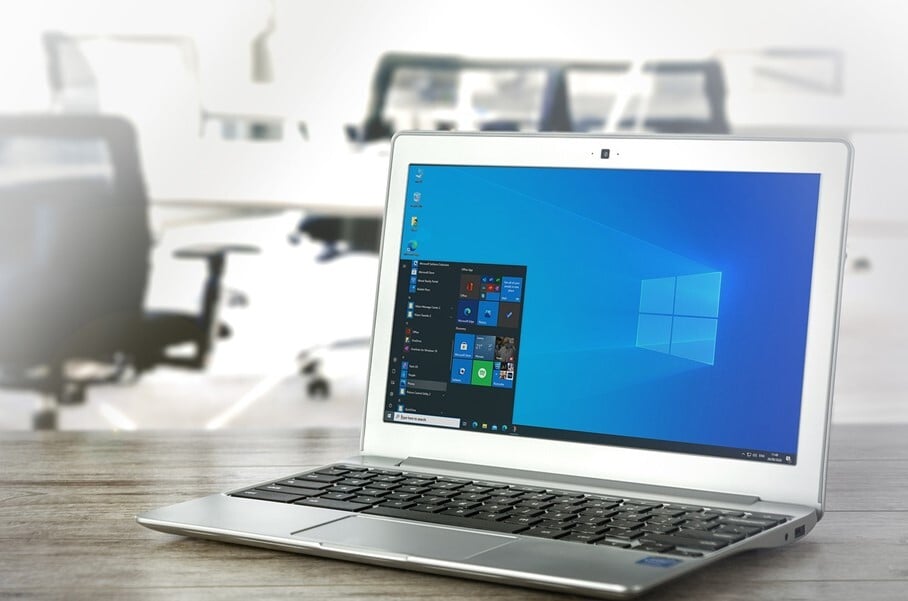
Upgrading to Windows 11 before October 14, 2025 is fast approaching, and the path to a successful migration requires more than just clicking “Install.” MicroTech Systems—
In a major shift, Microsoft has officially announced the discontinuation of Windows 10, urging users to upgrade to its newer and more advanced operating system, Windows 11. This move marks the end of a significant era for Windows 10, which has been the go-to OS for millions of users worldwide since its release in 2015. In this blog, we will dive into what this means for users, why the upgrade to Windows 11 is important, and what you can expect as Microsoft transitions away from Windows 10.
The End of the Line for Windows 10
Since its launch in 2015, Windows 10 has been widely praised for its stability, performance, and compatibility with a wide range of hardware. It introduced several key features, such as the return of the Start Menu, Cortana integration, the Edge browser, and continuous updates via Windows as a Service. Over the years, Windows 10 has become a reliable choice for both home users and enterprises.
However, as with all technology, change is inevitable. Microsoft’s latest announcement reveals that support for Windows 10 will end soon, making it clear that users must shift to Windows 11 if they want to keep their systems secure and up-to-date.
Microsoft’s decision to phase out Windows 10 is part of its broader strategy to push users toward newer technologies and maintain competitiveness in the operating system market. Windows 11, released in October 2021, was designed to take advantage of more modern hardware, improve security, and bring an enhanced user experience.
Here are a few key reasons why Windows 10 is being discontinued:
For those still using Windows 10, the transition to Windows 11 may seem daunting. After all, Windows 10 has been a reliable workhorse for almost a decade. However, Microsoft’s push to upgrade is accompanied by several tools and incentives that will make the process easier.
Upgrading to Windows 11 is relatively simple if your system is compatible. Here’s a step-by-step guide:
Windows 11 brings a host of new features designed to enhance productivity, creativity, and gaming:
If your system is eligible for Windows 11, upgrading makes sense, especially for users who value performance, security, and the latest features. However, Windows 10 users who are content with their current setup may feel hesitant about the change.
Before making the upgrade, research Windows 11’s new features, test compatibility, and ensure that all your important software and peripherals are supported.
For those still using Windows 10, now is the time to begin preparing for the upgrade and embrace the future of computing. While it may take time to adjust to the changes, Windows 11 promises to provide a more secure, efficient, and modern experience. Stay up-to-date with the latest tools, and enjoy the smoother, more intuitive interface that Windows 11 offers.
If you're feeling uncertain about upgrading to Windows 11 or simply want to ensure a smooth and hassle-free transition, consider hiring Microtech Boise, which offers 24/7 IT support services. Their expert team can help you navigate the upgrade process, ensuring your system meets all the requirements and operates optimally after the upgrade. With years of experience in IT services and customer support, Microtech Boise is your go-to partner for a seamless transition to Windows 11. Contact us today to get started and make your upgrade a breeze!
.

Upgrading to Windows 11 before October 14, 2025 is fast approaching, and the path to a successful migration requires more than just clicking “Install.” MicroTech Systems—

In a move that has been long anticipated, Microsoft has announced that it will discontinue support for Windows 10. As businesses and individual users alike rely on this...